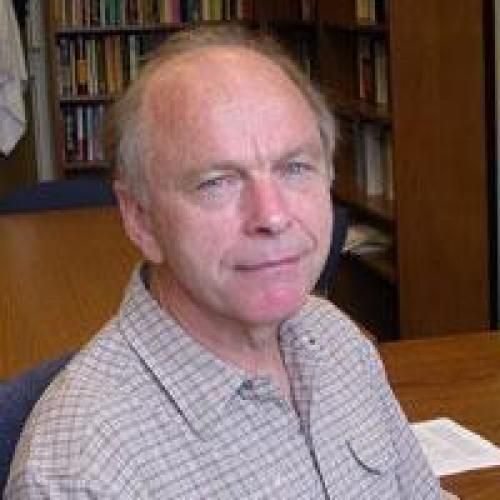
Pathways to voluntarism: Family socialization and status transmission models
Participation in voluntary associations is usually explained by a Weberian theory that uses human capital variables; however, Durkheimian theory suggests the importance of parental socialization and family status variables. Using a three-wave panel study, this article models the changes in social participation that people experience while moving from high school to parenthood. Voluntary participation is accounted for in part by the transmission of socioeconomic status, but family socialization through example and value modeling are often more important. When self-oriented (occupation and profession) and community-oriented (service, church, community, fraternal, and neighborhood) types of participation are distinguished, the status transmission theory explains self-oriented but not community-oriented participation. Family socialization explains community-oriented but not self-oriented participation. Thus, theories of voluntarism must be differentiated according to the type of voluntary association concerned. © 1995 The University of North Carolina Press.
Duke Scholars
Published In
DOI
EISSN
ISSN
Publication Date
Volume
Issue
Start / End Page
Related Subject Headings
- Sociology
- 4410 Sociology
- 1608 Sociology
Citation

Published In
DOI
EISSN
ISSN
Publication Date
Volume
Issue
Start / End Page
Related Subject Headings
- Sociology
- 4410 Sociology
- 1608 Sociology

